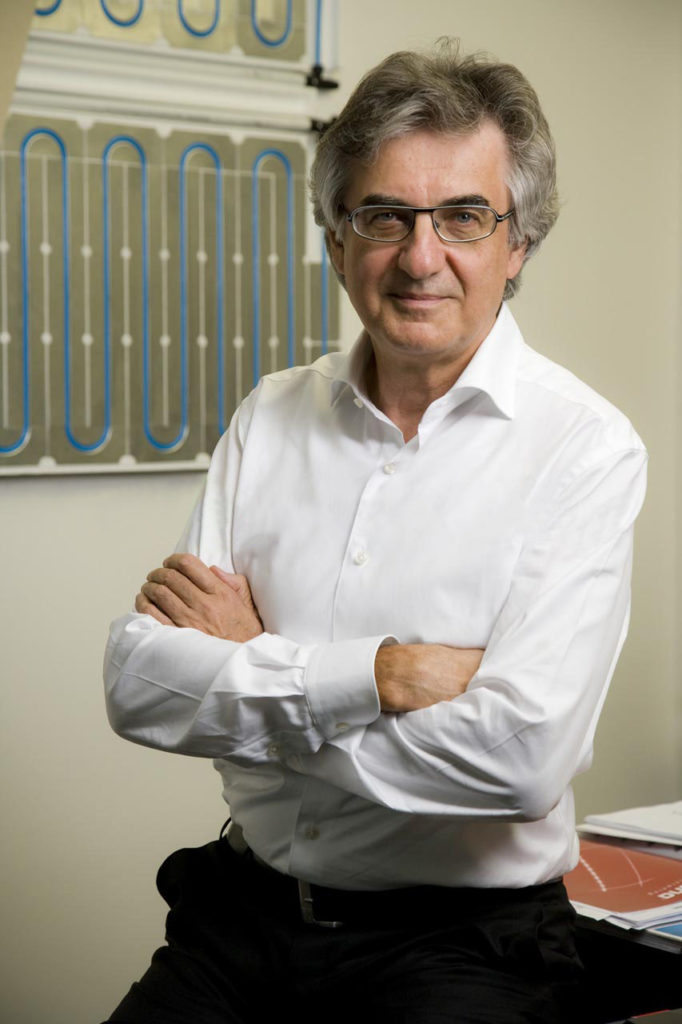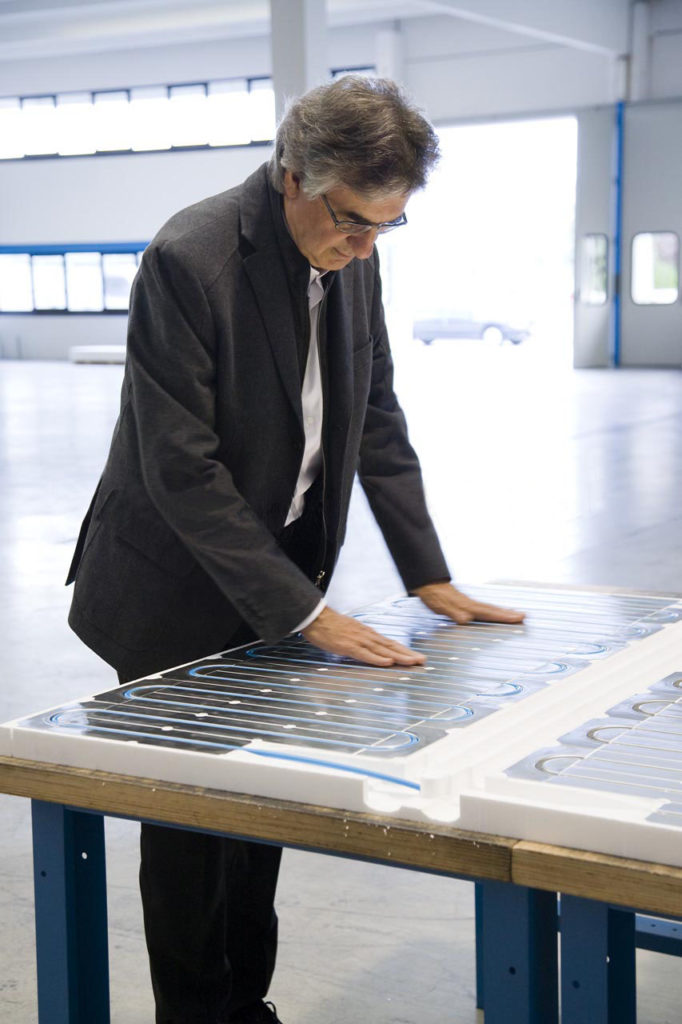

The first residential radiant cooling system, featuring advanced controls and air treatment units, was introduced to the US by Messana Hydronic Technologies in 2011.
Radiant cooling technology has a rich history that spans centuries, but it was in the mid-20th century that more advanced systems began to emerge.
Initially, there were challenges with early radiant cooling systems developed in the 1930s, as condensation issues arose. However, these setbacks led to valuable insights. Researchers discovered that incorporating a dehumidifying ventilation system could prevent condensation by lowering the dew point in the environment. This understanding paved the way for further advancements.
In the latter part of the 20th century, the industry deepened its knowledge of the necessary controls required to effectively manage radiant cooling systems. This progress laid the foundation for the story of Roberto Messana, often referred to as the “father of modern radiant cooling.” Messana, an Italian scientist, and inventor, embarked on his journey in 1991, by experimenting with radiant floor cooling. In 1998, he achieved a significant milestone by creating the first gypsum radiant ceiling panel. It wasn’t until 2011 that Messana Hydronic Technologies finally introduced this radiant cooling technology to the United States.
Since then, a continuous focus on improvement has driven the development of our cutting-edge climate control systems. We remain dedicated to refining our radiant ceiling panels, controls, and hydronic accessories, to offer the U.S. building industry the most advanced climate-control solutions available.
Although radiant cooling is not yet commonplace in the United States, it has proven itself as an efficient and reliable method of indoor climate regulation over the past two decades. As pioneers in the development of radiant cooling technology, Messana Hydronic Technologies looks forward to witnessing its growing popularity in the United States. If you have any inquiries about radiant cooling and heating technology, please don’t hesitate to reach out to us.